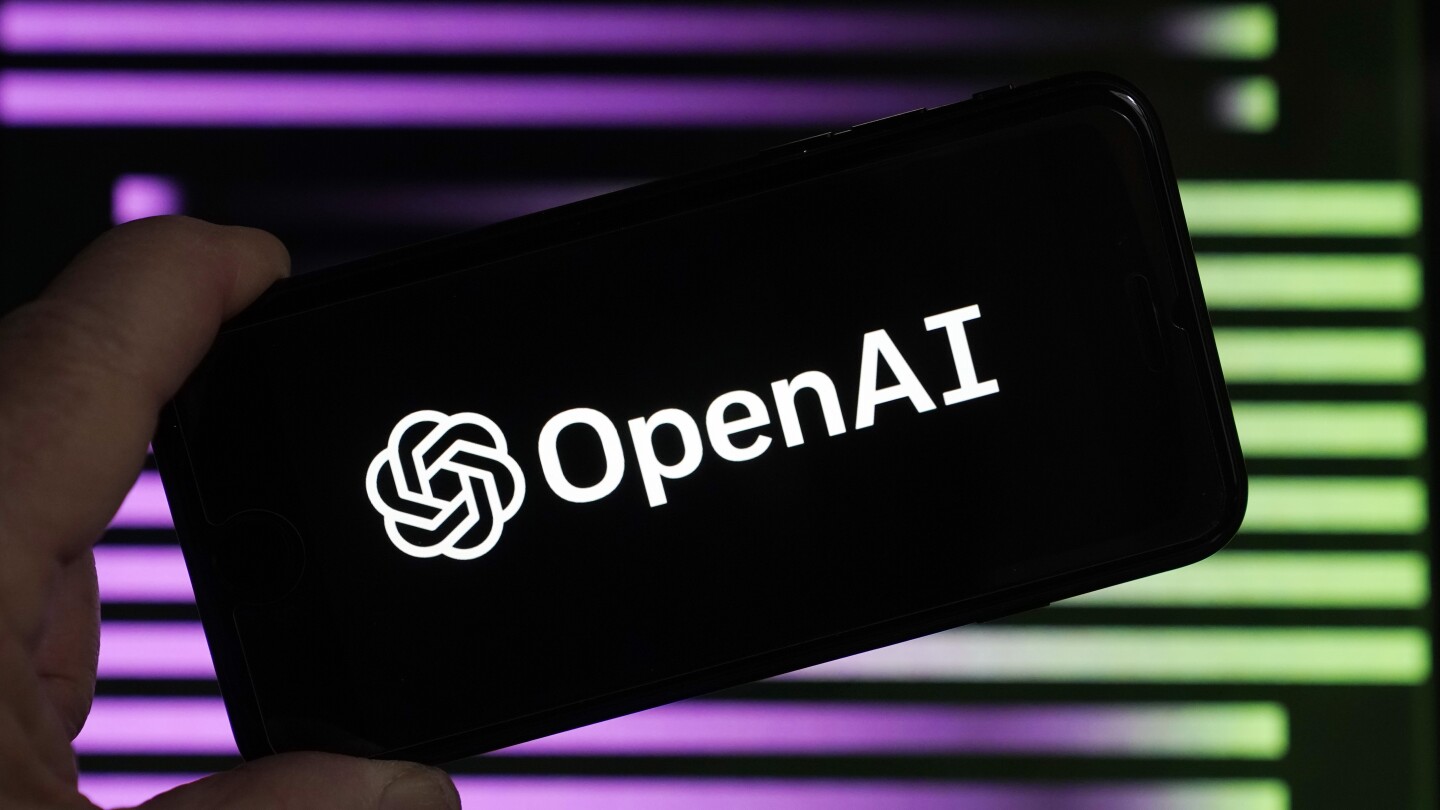- cross-posted to:
- [email protected]
- [email protected]
- cross-posted to:
- [email protected]
- [email protected]
The article says it was written “entirely” by ChatGPT, but I don’t think that’s a fair description of the situation. The lawmaker prompted ChatGPT with a request to write a proposal that had very specific meaning and purpose, and ChatGPT turned that prompt into the requested verbiage. I would want to see exactly what the prompt was and compare it to the text that was produced.
I’ve used ChatGPT in the past to get “nicely written” versions of a list of facts and directives, and the resulting text has been just that - a reworded version of the information I provided it in the first place. I see nothing wrong with this sort of thing. Especially given that in this case the proposal got vetted by the other members of the council who read and voted on it. If there’s something wrong with it, doesn’t that say more about their lack of attentiveness than it does about ChatGPT?
The lawmaker prompted ChatGPT with a request to write a proposal that had very specific meaning and purpose, and ChatGPT turned that prompt into the requested verbiage.
Well, you can’t be super specific in 49 words.
He said he entered a 49-word prompt into ChatGPT and it returned the full draft proposal within seconds, including justifications.
As I said, I want to see the actual text of the prompt and the resulting proposal. When I do work with ChatGPT it can take a small prompt and make a very wordy version of it without actually adding much meaning to it.



